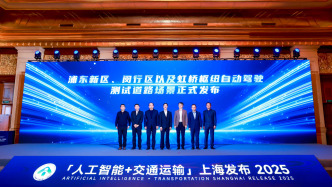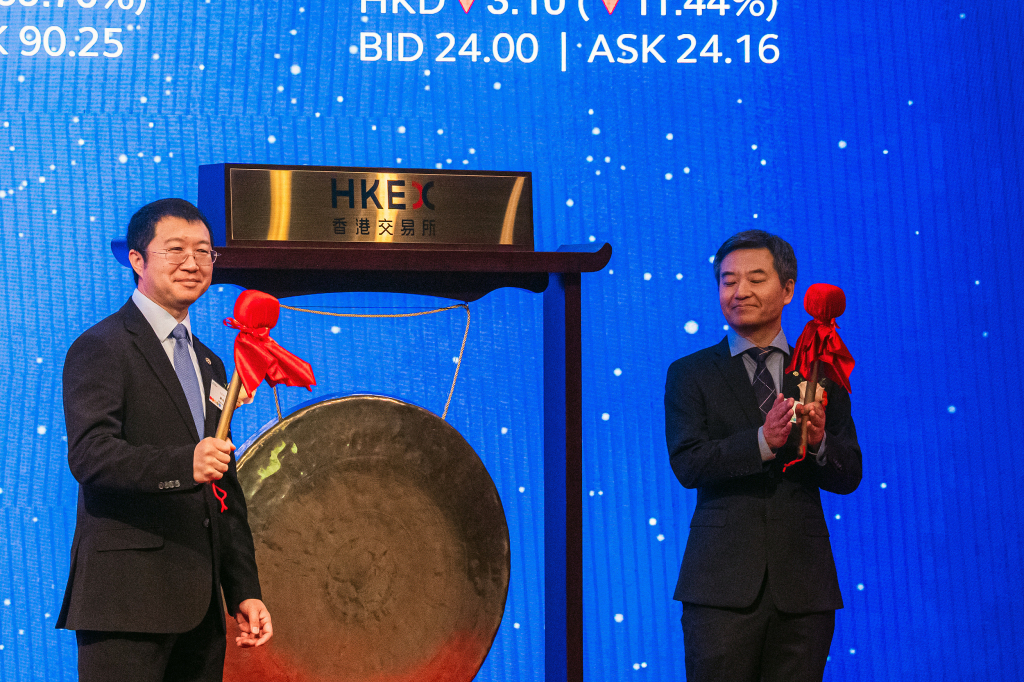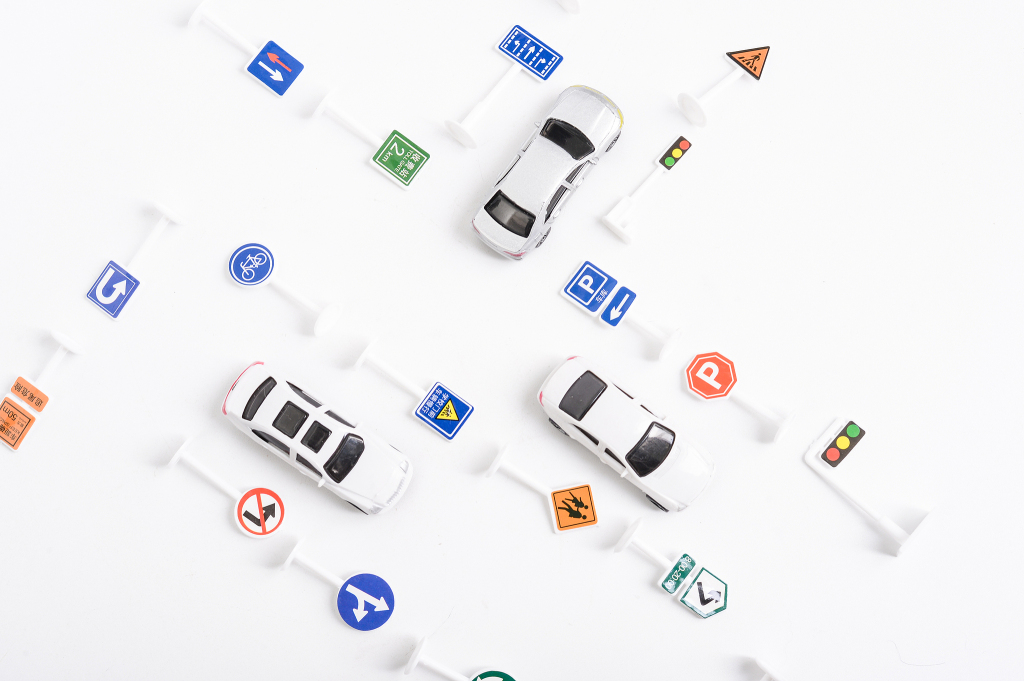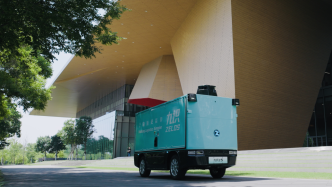
"Autonomous driving", as a typical "new productivity" at present, is an area that the country, provincial and municipal governments hope to vigorously promote and apply. From driverless demonstration areas to vehicle-road-cloud integration pilots; from urban NOA open high-precision maps to driverless robotaxi, more and more cities are joining the battle for the high ground of driverless commercialization.
However, due to rights, responsibilities, regulations and other reasons, autonomous driving technology in the automotive industry has always faced difficulties in commercialization. Most projects only serve as a "demonstration" function.
So, are there other business models that can be implemented for autonomous driving? The answer is yes.
Unmanned logistics vehicles: solving the pain points of high cost and low efficiency in logistics
Jiushi Intelligence is a company that focuses on the research and development and large-scale application of artificial intelligence technology. It is the world's leading company with standardized products and applications for pure unmanned driving on open roads. It is the first to set its sights on the field of B2B unmanned logistics vehicles.
This company has its own considerations as to why it chose this industry. According to Kong Qi, the founder of Jiushi Intelligence, the current express logistics industry is facing the pain point of “doing too much work, being punished too much, not being able to recruit people, and not being able to take care of the family.” In order to research the express logistics industry, Kong Qi personally worked as a courier and experienced running around for a day without food, delivering the wrong order or being scolded by the webmaster for overtime.
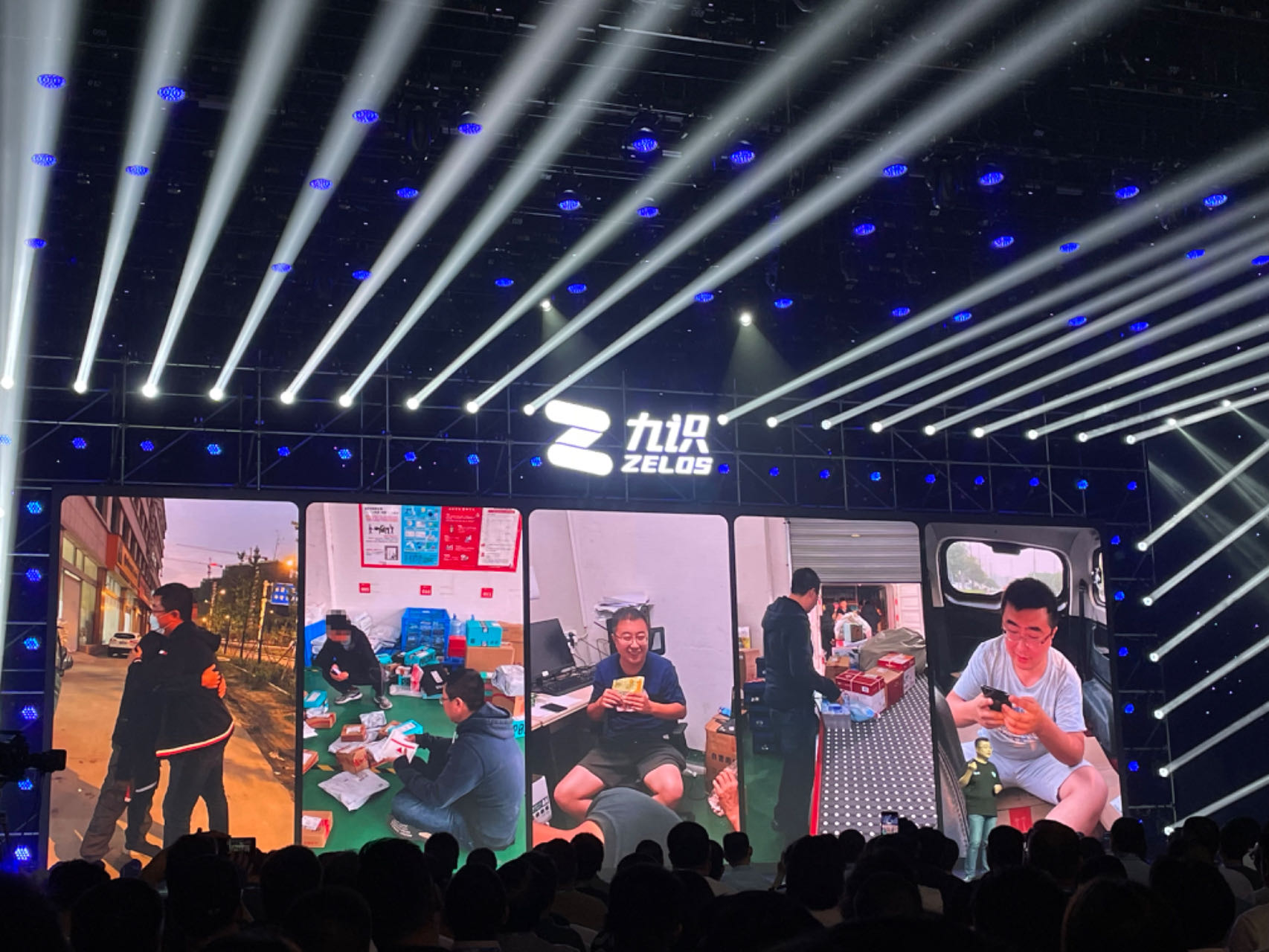
"I can only deliver more than 80 orders a day at most, and my more capable brothers can deliver more than 100 orders," Kong Qi said: "The efficiency is still too low and the cost is still too high." After research and calculations, he and several friends thought that Driverless logistics vehicles can greatly improve the efficiency and reduce costs of the express logistics industry.
In fact, Alibaba, Meituan, and JD.com have all been involved in similar scenarios such as unmanned delivery vehicles and express delivery vehicles. However, Jiushi’s entrepreneurial team believes that subtle scenario differences have a great impact on commercialization results.
If the goods are to be delivered to the C end, that is, to the users, then 100 users are 100 differentiated individuals, which will seriously affect efficiency. What Jiushi does is B2B, that is, it departs from the express station to a "station" at the door of a community, and then the express is delivered to the C end by manual couriers. In this way, the driverless car and the courier each do what they are best at, and the efficiency is very high. "It only takes 5 minutes from the unmanned vehicle receiving end to the final delivery to the C end," Kong Qi said.
However, even if a closed loop is achieved in terms of business logic, many members of the entrepreneurial team are also big players in the field of autonomous driving, and they have also conducted in-depth research on the express logistics industry. However, from the establishment of Jiushi Intelligence in August 2021 to the sale of The first unmanned logistics vehicle was already launched 22 months later.
Lao Sun from the western region is the first official customer of Jiushi Intelligent to buy a car. In the early days of the cooperation, Lao Sun was also dubious about self-driving delivery vehicles. At the same time, since this is the first customer, I need to explore how to set prices, how to set service terms, and how to serve customers. There are also many jokes in the process.
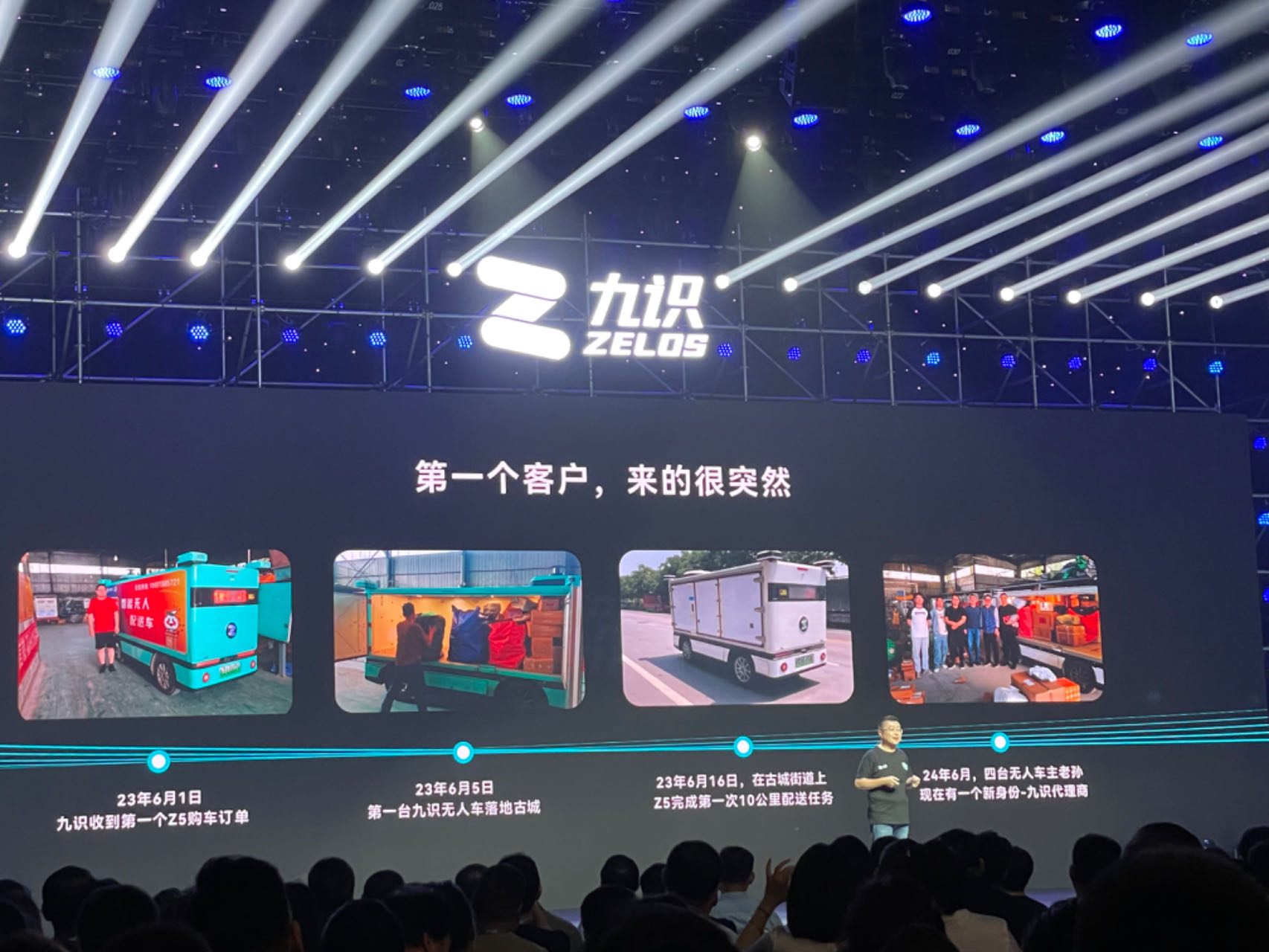
After joint exploration with Lao Sun, in June 2023, Jiushi's first unmanned vehicle was delivered. It is this vehicle that helped Lao Sun reduce operating costs and significantly improve transportation efficiency. Now, Lao Sun has purchased four more Jiushi unmanned vehicles, upgrading the entire operating model.
At present, Jiushi Intelligent's unmanned logistics vehicles have been put on the road in more than 100 cities, with a cumulative L4 operating mileage of more than 2 million kilometers. It provides all-road operation support to thousands of customers every day, helping customers reduce operating costs by an average of 62%. At the same time, the pure electric power design of the product also contributes to reducing the city's carbon footprint. It is expected to reduce carbon emissions by 12,000 tons per year, which is equivalent to planting 4,600 acres of forest.
Technology has become more powerful, but it has become cheaper
As a technology company, Jiushi Intelligent’s products iterate quickly. At a new product launch conference on June 28, it released a series of L4 mass-produced products covering all urban low-speed scenarios, launching a total of four new cars - Z2, Z5, Z8, and Z10. The company's product naming rules are very simple. The number after Z represents the loading volume. Z2 means the internal space is 2 cubic meters.
Jiushi learns from the "new forces in car manufacturing" and abandons the old practice of traditional car companies defining their own products. Instead, it fully absorbs user suggestions to create new cars. For example, some users' transportation scenarios require passing through narrow lanes, and some freight customers require large vehicles. According to different needs, these models with different specifications were born.
The appearance and structural layout of the new car have been optimized in various details to achieve lower wind resistance, higher energy consumption and narrow road traffic capabilities. For example, the overall streamlined design of "large inclination and large included angle" avoids the troubles that may be caused by rain and snow hanging on the wall, and at the same time reduces the vehicle's wind resistance by more than 20%; the kinetic energy recovery strategy significantly improves the overall battery life of the new car; The protruding-free structural shape scheme and more concentrated sensor module layout greatly improve the vehicle's narrow road traffic capabilities.

At the same time, Jiushi Intelligent used split "ice brick" headlights on an unmanned vehicle for the first time. The light source intensity reaches 43,000 candelas, which is three times the national standard vehicle regulations. The light source covers a wider area and the lighting is more sufficient, improving the unmanned vehicle. Driving safety at night.
In terms of hardware, the new car uses a car-grade dual Orin Drive kit with a computing power of over 500tops, and the deepening and generalization capabilities of the algorithm have been greatly enhanced. The new car also adopts a new sensor solution, which consists of 14 cameras and 4 car-grade solid-state laser radars, which can effectively identify environmental changes 300 meters in front and rear of the car and 100 meters left and right, greatly improving the new car's autonomous driving capabilities and operating efficiency.
In addition to hardware, progress in the field of software algorithms is even more significant.
Unmanned logistics vehicles usually work in rain or shine weather conditions. Jiushi Intelligence has also done a lot of work in response to rain and snow weather that has a greater impact on the stability of the autonomous driving system. In rainy and snowy weather, dynamic changes in the water surface can easily cause layering, noise accumulation, and even ghosting on the sensor layer, seriously affecting the performance of autonomous driving capabilities. Based on sensor imaging, reflectivity distribution and ray tracing technology, the technical team removed the drawing and layering phenomenon and achieved nearly 100% noise filtering, which significantly improved the autonomous driving capability in extreme weather in actual operations. The ability to remove noise points will help autonomous vehicles have clearer vision and make transportation more efficient.
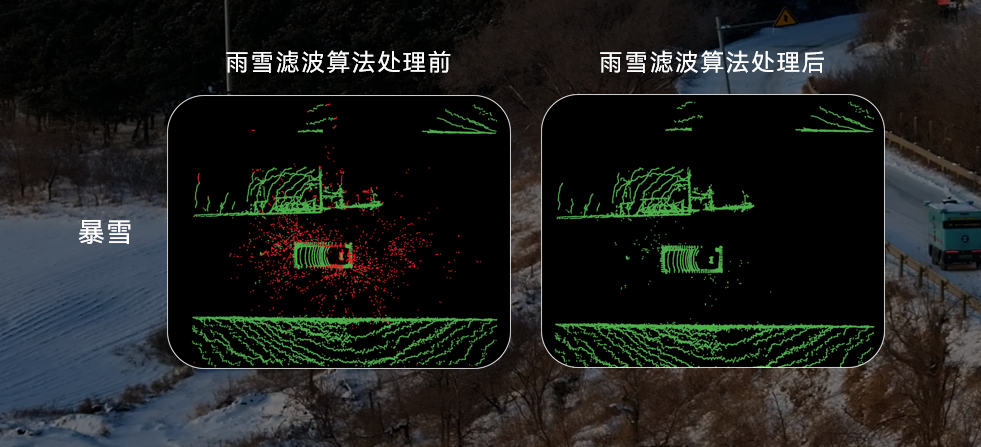
Technology has evolved and costs have dropped.
According to the press conference, the bare car prices of several models launched this time range from 39,800 yuan to 89,800 yuan. The FSD automatic driving package can be paid on a quarterly basis, with prices ranging from 6,000 yuan/quarter to 9,000/quarter. Compared with the previous method of spending more than ten or two hundred thousand yuan at a time to purchase a complete vehicle + FSD package, the threshold for purchasing unmanned logistics vehicles has been significantly lowered.
Kong Qi, founder of Jushi Intelligent, believes: "The express logistics industry is an industry that requires cash flow, so we separate bare vehicles and FSD packages in order to occupy as little of customers' cash flow as possible."
From 220,000 yuan for a five-year package of complete vehicles and services to the current "bare vehicle + monthly rental package" model, the price has dropped significantly, but Jiushi's services have not shrunk. When customers buy a car, how to use it, how to choose the working mode, and how to maintain it, Jiushi has service outlets and customer service to answer questions.
It can be said that under the current price system, Jiushi's philosophy is "let customers make money first, and then make money themselves." Rather than making profits, this company is more concerned about how to empower the express logistics industry to further reduce costs and increase efficiency.
To expand the scale, we need to “wait for the wind to come”
Behind lowering the purchase threshold, there is another consideration that can quickly spread its autonomous vehicle network. Here I borrow a concept from the well-known car company Toyota, "Only when technology is popularized on a large scale can it contribute to society and the environment." Jiushi has been preparing for large-scale operations.
Chu Wenqiang, co-founder of Jiushi Intelligence, told The Paper that the company has gone through two stages of moat construction. The first is technology and products, but just like smart driving and smart cabins in cars, technological advantages are impossible. As this continues, friends and businessmen will get closer.
Therefore, Jiushi is currently building the second core competitive barrier, which is the entire large-scale operation capability. "In the entire market, Jiushi currently has many products for all kinds of enterprises," Chu Wenqiang said: "Currently, I am focusing on B-side customers. After opening the B-side resources and urban right-of-way resources, the actual This has created the second core competitive barrier. Whether it is the first-mover advantage in product technology or the functional operational capabilities that have led in the second stage, these are Jiushi’s current outstanding advantages.”
At present, the only obstacle that hinders the large-scale and rapid popularization of unmanned logistics vehicles is the acquisition of urban road rights. Because each city has different openness to autonomous driving/unmanned driving policies, the progress of promoting unmanned logistics vehicles is also different.
At present, the standards for Jiushi Kaicheng are to have customers, build an after-sales system, and obtain the right of way, all three of which are indispensable. The initiative of the first two is in their own hands, and the speed of opening the right of way is related to the efficiency of opening the city.
But according to Chu Wenqiang, there are now many channels for obtaining road rights.
For example, this year, more than a dozen pilot cities for vehicle-road-cloud integration have been added at the national level, and various provinces and cities have also made some progress. Secondly, in addition to express delivery, some cities also use unmanned logistics vehicles for postal and commercial logistics. Chu Wenqiang said: "For them, using unmanned vehicles can also reduce their logistics costs. The Commerce Bureau and the Postal Administration are willing to promote this matter. The current promotion of right-of-way, from the national level to various provincial and prefecture-level From the city government level to the postal administration level and the customer level, it is actually a combination of efforts. At present, Jiushi is far ahead in the industry in obtaining road rights nationwide. "
Greater imagination for driverless cars?
At the Jiushi new product launch conference, a courier station owner talked about his work situation during a casual chat. Except for SF Express, most express delivery companies get off work at 6pm, and this express station owner is no exception. This means that after 6 p.m., the self-driving car he owned also "off duty", but in the dozen hours from night to early morning, the car did not generate value. If this time can be used, can it produce greater benefits?
Nine Senses takes this into consideration.
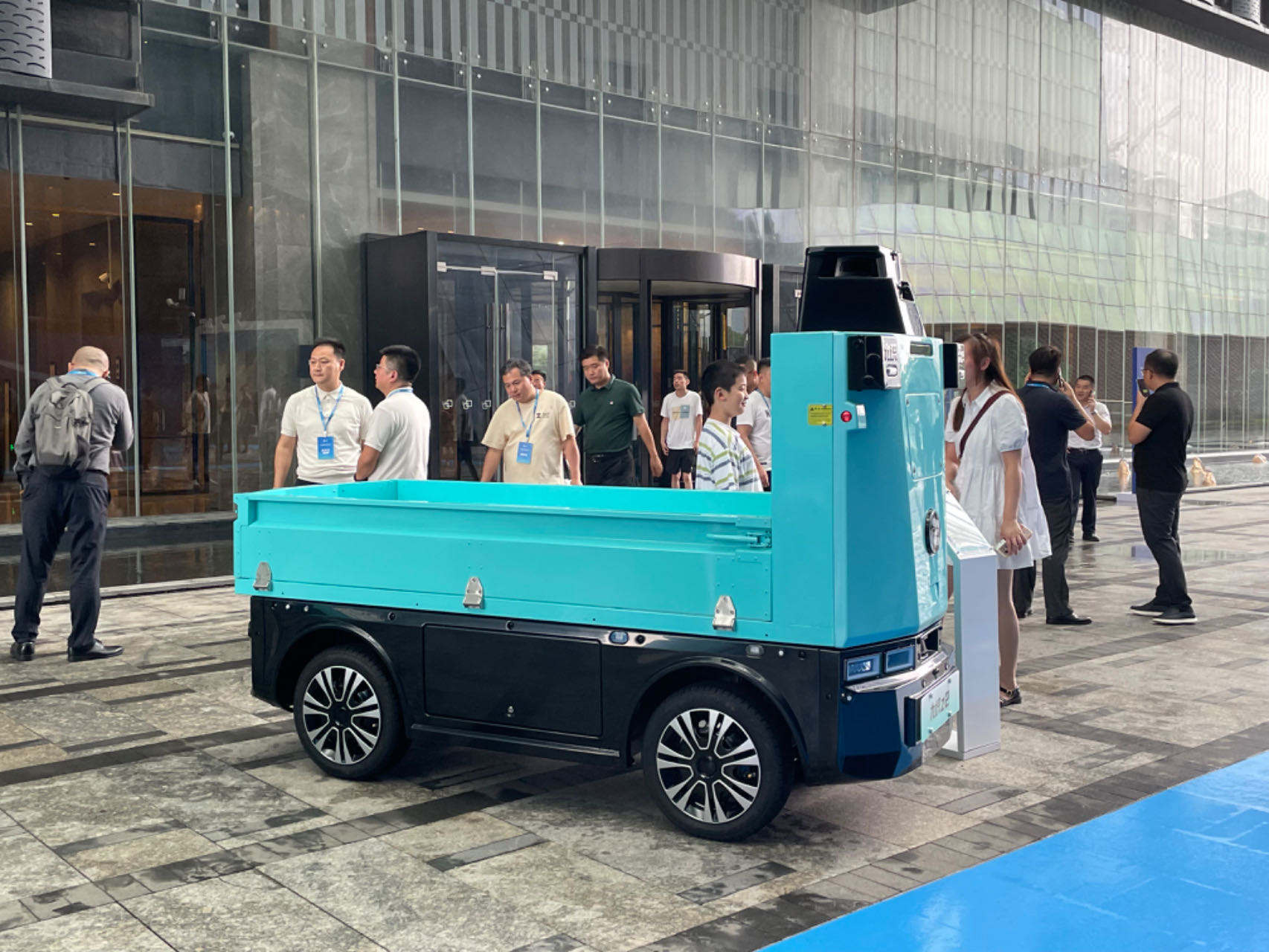
Company staff told The Paper that some of their customers are “dispatchers of urban transportation capacity.” After they buy Jiushi unmanned vehicles, they will rent them to customers with different needs at different times for different work scenarios. For example, it can be rented to the express delivery industry for logistics distribution during the day, and it can be rented to supermarkets for goods distribution at night. In this way, the efficiency of autonomous vehicles can be maximized.
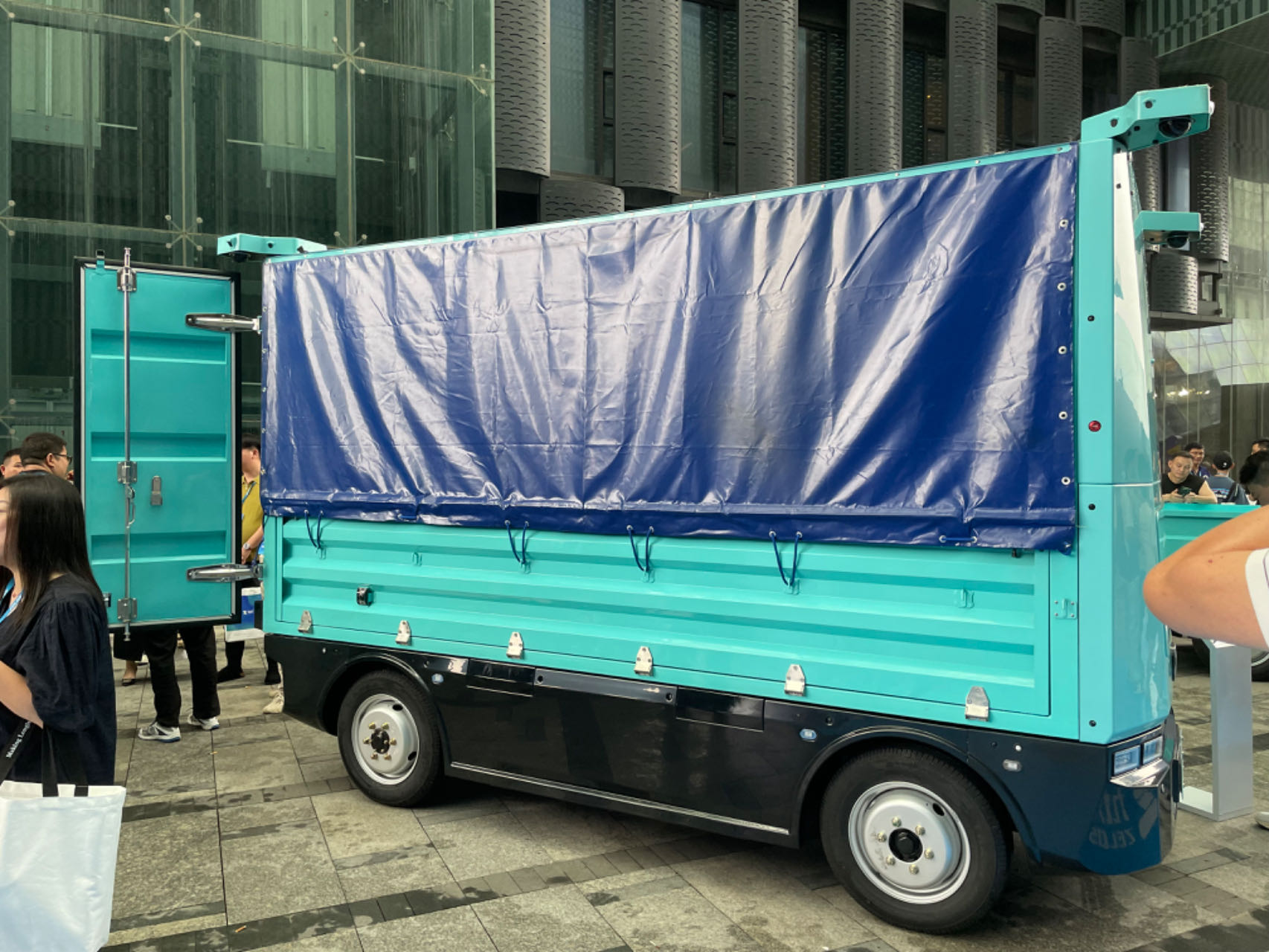
Zhou Qing, vice president of Jiushi Intelligence, further said that there are many scenarios for self-driving unmanned vehicles, not only delivering express delivery, but also doing smart customs, smart parks, and smart cities. "We will also work hard on related products in the future, but this cannot be done by relying on our own company. We will actively look for partners on the scenario side, including the product side. Currently, in some specific scenarios and security inspections, There are corresponding ecological partners for publicity and customs luggage pallet transportation, so in the future, non-manned autonomous driving technology will be expanded to all walks of life, so there is a lot of room for expansion in this area." Zhou. Qing said.
Not only in China, Jiushi’s autonomous vehicle business has now expanded overseas.
Last month, Singapore's Land Transport Authority (LTA) issued Singapore's first unmanned logistics vehicle license to Jiushi Intelligent Vehicles. This event marks that Jiushi Intelligent Vehicles can perform unmanned driving tasks on designated public roads in Singapore. This is a significant progress made by the company in developing overseas markets, and it also opens up a new situation for the overseas launch of domestic autonomous driving products.
The overall project is divided into three phases, including the feasibility verification phase of autonomous driving in multi-layer logistics warehouses, the actual operation phase of multi-layer warehouse freight, and the direct logistics transfer phase between distribution centers.
During this period, Jiushi Intelligence joined the Singapore Standards Committee working group to participate in the revision of the local TR-68 autonomous driving specification technical standards, and jointly determined the test plan required for unmanned logistics vehicles to operate on public roads with relevant local departments, filling in the This clears the gap in regulations regarding the operation of this type of vehicle on public roads in Singapore.
It is not difficult to imagine that Jiushi Intelligence's forward-looking expansion will also provide reference for the formulation of global autonomous driving technology regulations, which may accelerate the popularization and implementation of autonomous driving technology for passenger cars.
